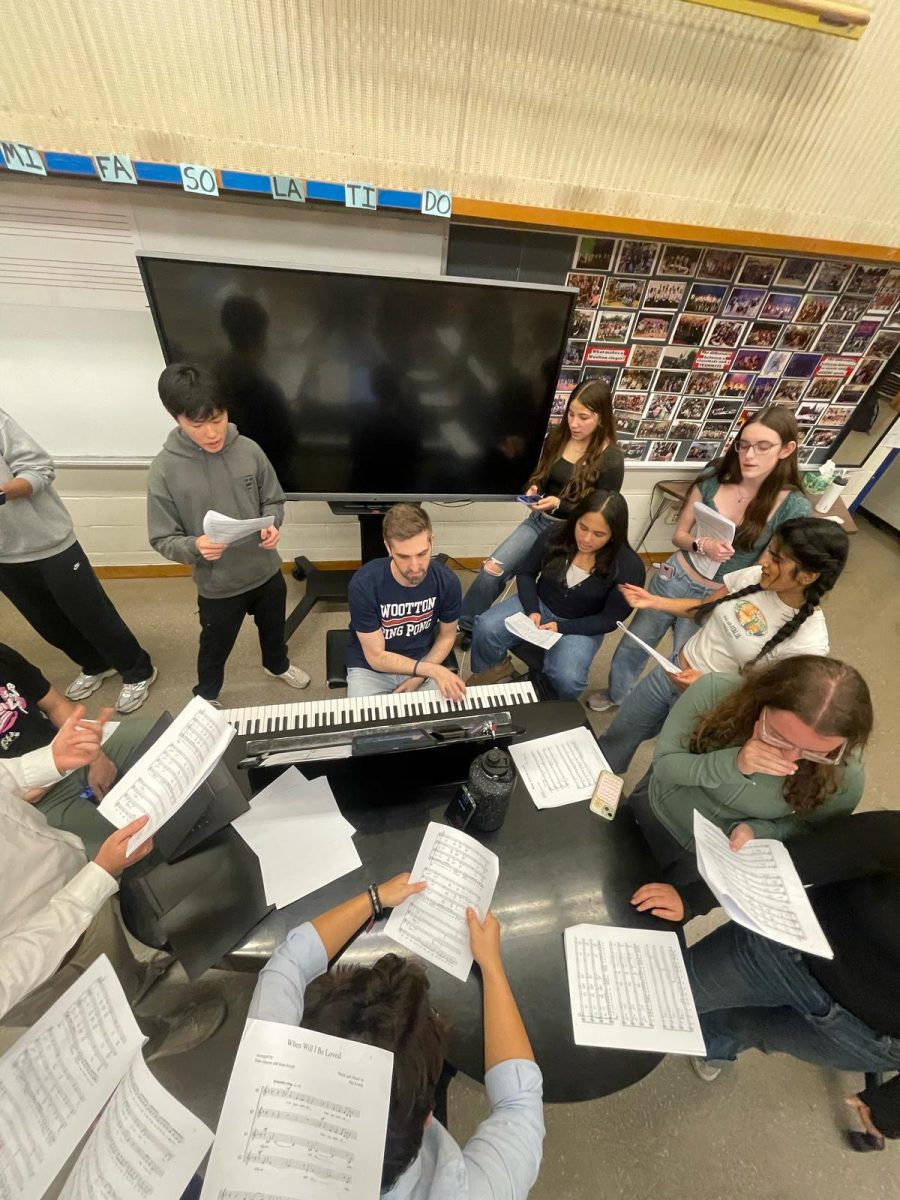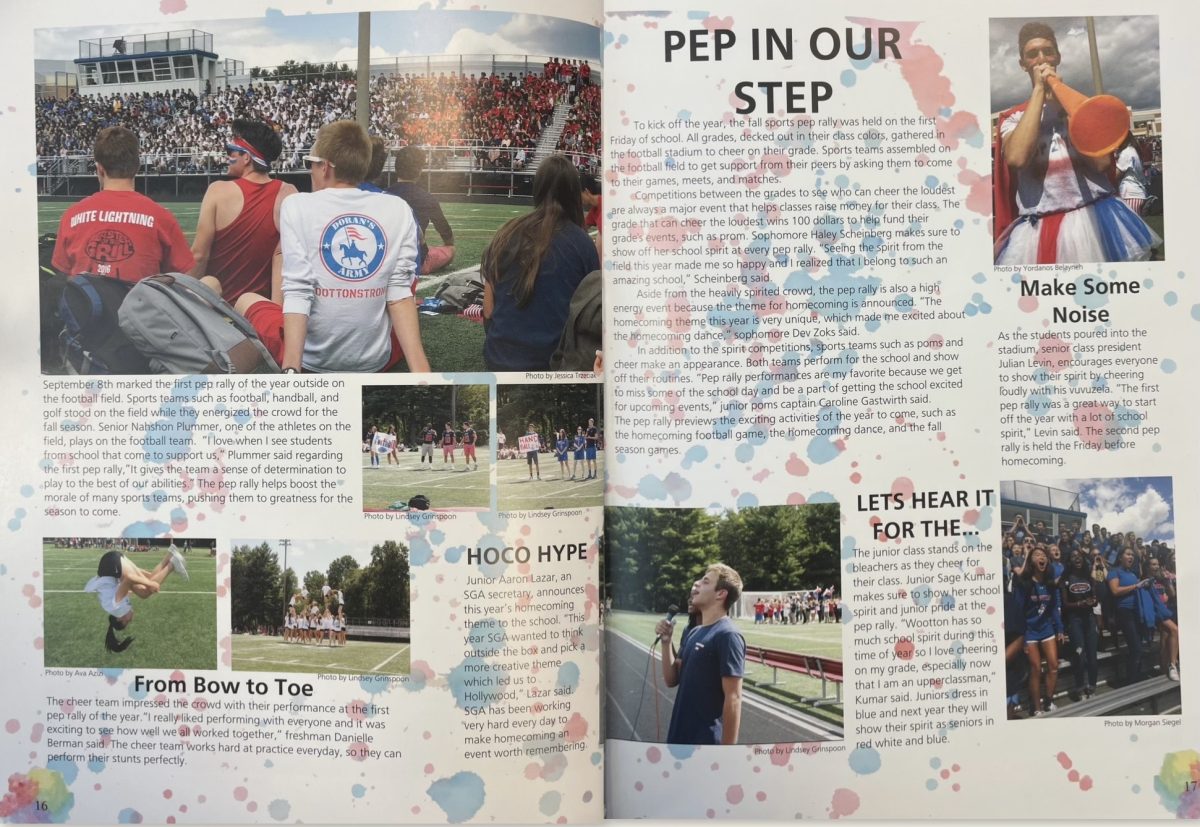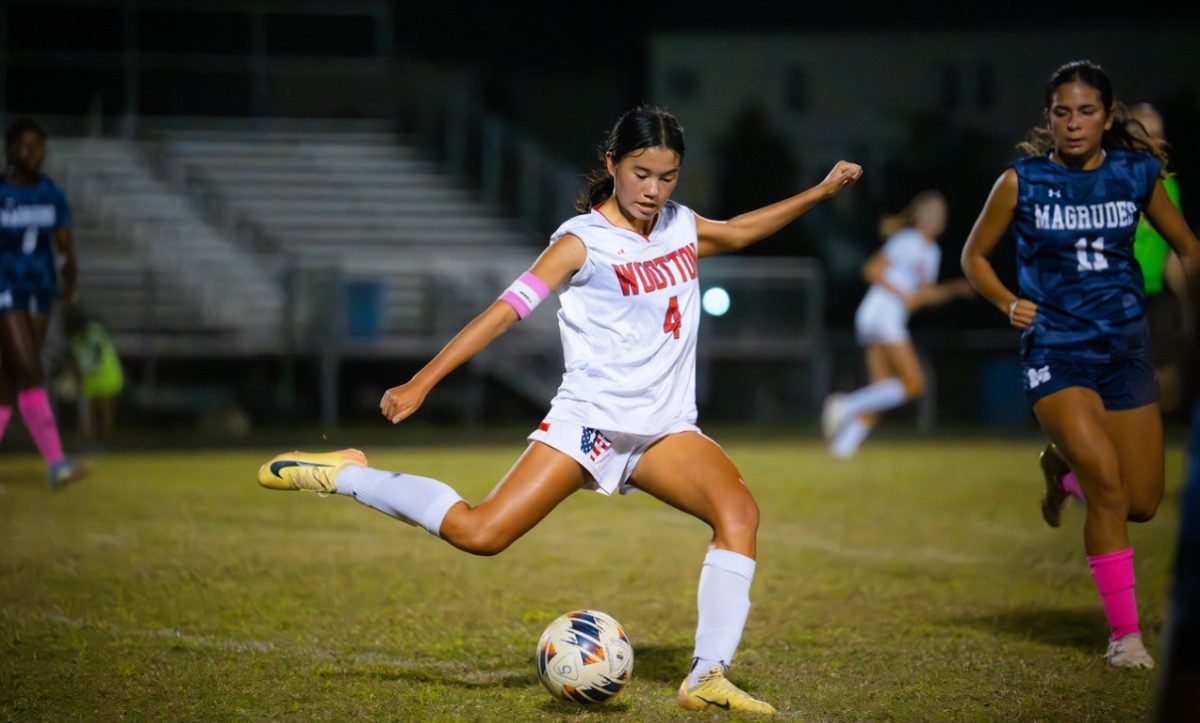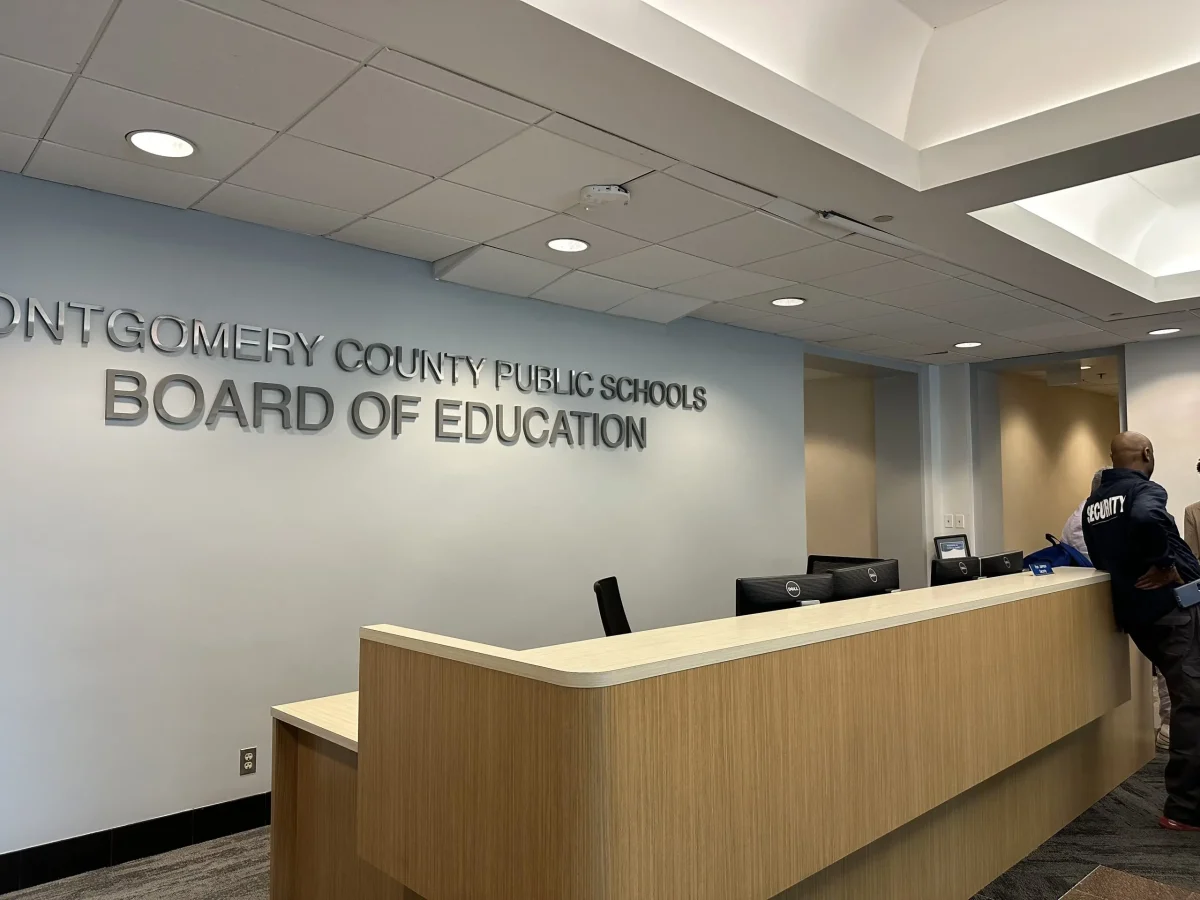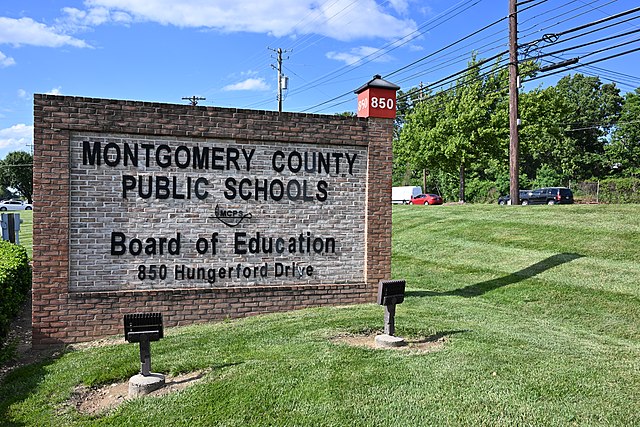Yes,
Advanced Placement (AP) classes and exams have become a fixture of our education and class schedules, but as counties and schools across the country stop offering them, it is important to remember the benefits AP classes provide to students.
According to the op-ed “Our schools will get rid of AP courses. Here’s why.” In The Washington Post by eight heads of Washington-area private school, “almost 40 percent of high school students enroll in AP courses, meaning it is no longer true that only a few, exceptional students take them.”
The heads of Georgetown Day School, Holton-Arms School, Landon School, Maret School, National Cathedral School, Potomac School, St. Albans School, and Sidwell Friends School all signed on. “Moving away from AP courses will allow us to offer courses that are foundational, allow for authentic engagement with the world and demonstrate respect for students’ intellectual curiosity and interests,” Russell Shaw, Susanna Jones, Jim Neill, Marjo Talbott, Kathleen Jamieson, John Kowalik, Vance Wilson, and Bryan Garman said.
Respectfully, these private school heads are wrong. By scoring high on AP exams, certain colleges and universities will allow students to either use the AP credits in place of entry-level or general-education credits or test out of entry level courses. That’s a big plus for economically-minded students — $98 to take the exam here versus the thousands of dollars a credit hour colleges and universities charge. “AP exams save us money in the long run,” junior Michael Ma said.
College Board also claims that AP classes give students “the academic skills [they] need in college.” Academic skills such as studying for and taking exams just aren’t provided by the new MCPS curriculum. “Since they got rid of other exams, it’s useful,” senior Drew Meisegeier said.
While not true across the board, AP classes tend to be more difficult than other classes and more homework. “They prepare you for harder classes in the future,” freshman Alex Mockenstrum said.
AP classes also require students to learn material outside of class, whether by reading books, taking textbook notes or doing research, unlike honors level classes. That kind of independence is essential in college and life. “They help prepare you for classes of college level rigor and they allow you to test out of some entry level courses in college,” junior Sufiya Van Gieson said.
Yes, AP classes are challenging and take time and energy that is precious in the already hectic mess that is high school, but schools should continue to provide their students the opportunity to expand their horizons, learn essential skills and start college early by offering AP exams. “AP exams not only give you the chance to get ahead in college and earn credits early on, but they also teach you the study habits you’ll need in college. Given that MCPS doesn’t have final exams anymore, studying for AP exams has really helped me prepare for the exams I’ll have to take in all my college courses in the future,” junior Rathna Ramesh said.
-Marisa Silverman
back page editor
No,
Advanced Placement (AP) classes are every high schooler’s worst nightmare. AP classes are college level classes taken in high school. People often enroll in them to demonstrate to colleges that they are willing to challenge themselves with rigorous courses and are ready for the next academic level. From computer science to photography, a variety of AP classes are offered at this school.
Incoming freshmen often become overwhelmed with the stress and peer pressure to take AP courses. “There is a lot of pressure, especially at Wootton,” freshman Caitlyn Kwan said.
The quantity of homework given to students every night for AP classes is much greater than in honors and regular classes. “It was a huge adjustment having to do so much more work. I have three hours of homework a week for AP NSL. It must be much more difficult for those taking multiple APs,” Kwan said.
For the current school year, there were 30 AP courses offered. In many schools in smaller or rural communities across the country, the options for AP courses are limited. “It depends on how many APs your school offers and how many of them your classmates are taking,” PrepScholar (an ACT and SAT preparation online program) said.
With a competitive atmosphere, students here are feeling the need to take more APs to impress colleges and stand out from their peers. However, seven prestigious private high schools in the DC area are taking steps towards eliminating all AP classes from their curriculum. These courses are “not necessary for college-bound students and [put] too much emphasis on speedy absorption of course material and memorization,” The Washington Post said.
Colleges like students to challenge themselves in AP classes if they are offered. But anxiety over the heavy workload can be harmful to students. “AP classes can be very difficult because they consist of a lot of homework and can be stressful,” senior Grace Henschel said.
Students who are peer pressured into taking APs may not be ready for the overload of work. This can be particularly difficult for athletes, as they have to find a way to manage their classes with various sporting time commitments. “I have to think about what classes I take during basketball season because I have to make sure I can manage the workload,” Kwan said.
Students often believe that taking AP classes is important for college preparation. “You should take them for the experience, but be prepared because it is a lot of work,” senior Erin Chelf said.
The majority of students take AP exams for credit going into college. AP exams cost various amounts depending on which exam is being taken. For the class of 2017, “71.3 percent of students took at least one AP exam during high school,” according to MCPS.
MCPS should get rid of AP classes because they put too much pressure on students and the information learned can be taught in a much more peaceful and stress-free environment.
-Rob Carpenter
staff writer


